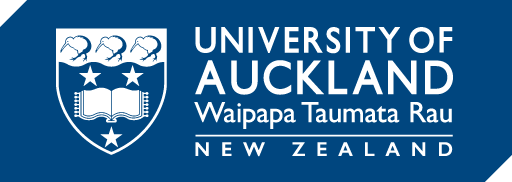We are pleased to host a two-day event, on Thursday & Friday, 20 & 21 February 2025, with mornings devoted to a mini-course and guest lectures by Professor Rabah Amir from the University of Iowa, and afternoons devoted to research talks by CMSS members, research students, and other interested scholars from the region. For more info about the mini-course and to register for it by the set deadline of Monday, 10 February 2025, please visit https://forms.gle/XkaeRrZ7yqKCCP4z9
[Please also see related call for submissions to be considered for inclusion in the final program of the workshop linked to this event, as available at https://forms.gle/Zk2HYi25tUB6pKD16 – Submissions are due by Monday, 13 January 2025]
Rabah Amir is a prominent Professor of Economics based at the University of Iowa. He has a PhD from the University of Illinois and was a Research Fellow at the Cowles Foundation, Yale University (1985). From 1985-1990 he was Assistant Professor in Economics and Applied Mathematics & Statistics, at the S.U.N.Y. at Stony Brook. After that he was researcher at the University of Dortmund in Germany and at the Universit ́e Catholique de Louvain, Belgium. From 1995-1997 he was Senior Fellow, Wissenschaftszentrum Berlin (WZB), and from 1997-2000 Professor of Economics at Odense University, Denmark and at the Center for Industrial Economics, University of Copenhagen. He was Professor at the School of Economic Studies at the University of Manchester, UK (2000-2001) at the Universit ́e Catholique de Louvain, Belgium (2001-2004). From 2004-2012 he was Eller Professor, at the Eller School of Management Department of Economics, University of Arizona, USA, and since 2013 he is the J. Edward Lundy Professor of Economics at the University of Iowa. Prof Amir received the Handelsbanken Research Prize of Denmark in 1998 and was selected as an Economic Theory Fellow in 2011 by the Society for the Advancement of Economic Theory, elected to Council member of the Game Theory Society in 2015 and elected Fellow of the Game Theory Society in 2020. He is ranked among the top 5% economists by the database IDEAS. One of his main research topics is the study of strategic substitutability and complemen- tarity in economics and their consequences to answer issues in industrial organisation, game theory or microeconomics. He uses mathematical modelling to address topics across a variety of subject areas and applications.
The purpose of the mini-course is to provide a presentation of some selected topics in the theory of supermodular optimisation and games along with some of the associated applications in economics.
The common thread of many of the topics will be economic complementarity. While the treatment will rely directly on research papers and will thus be quite advanced, a definite attempt will always be made to arrive at a self-contained exposition of the main concepts. A simplified introduction to some of the relevant mathematical notions will be given whenever necessary. Economic applications, mostly to models in Industrial Organisation, will form a significant part of the course.
The list of topics is as follows. The first two bullet items will be fully accessible to all PhD students, as only basic mathematics for economists will be assumed known.
- Supermodular optimization and comparative statics
Elementary introduction to Topkis’s Theorem with scalar variables and its basic economic applications in familiar settings. This follows my survey article, Amir (2005).
- Games with strategic complementarities
Formal definition; Existence of pure-strategy Nash equilibrium; Partial coincidence of solution concepts; Equilibrium comparative statics; Learning and pure-strategy equilibrium; various applications, in particular to consumer theory, oligopoly theory and industrial organization (including Cournot and Bertrand competition).
- Mathematical treatment of Supermodularity (on demand from audience only)
This is a complete introduction to lattice theory to treat the multi-dimensional case, and Topkis’s Theorem in full generality.
- Other selected topics
References
1. R Amir (2005), Supermodularity and complementarity in economics: An elementary survey, Southern Economic Journal, 71, 636-660.
2. D. Topkis (1998), Supermodularity and complementarity, Princeton University Press.


Recent Comments